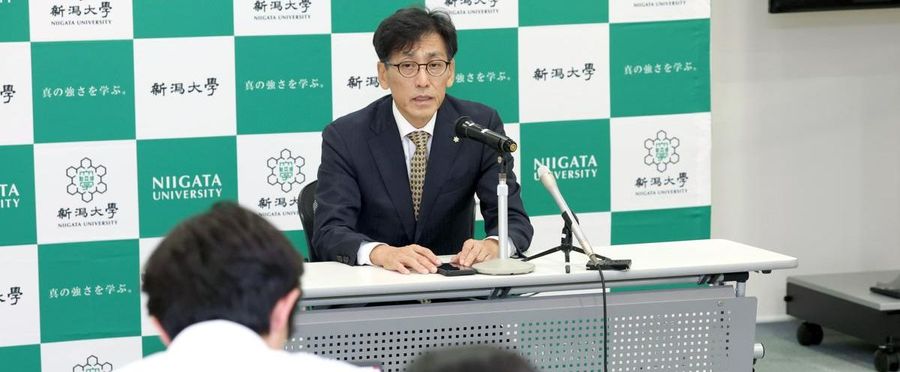In a surprising development at a recent university election in Japan, the runner-up candidate has stirred up a significant amount of controversy. The initial polls suggested a clear advantage for a particular candidate but the final voting result told a different story, showing a closer-than-expected race. The result has sparked a debate among stakeholders within the university community, raising questions about the election process and its implications.
University elections in Japan are normally straightforward events with clear favorite candidates and results that typically align with prior intentions polls. In this case, the shake-up has caused observers to examine the process and decision-making dynamics among the voters. Japanese society places a high value on respect for the established norms, and this unprecedented result challenges these expectations.
Similar to Japan, university elections in the US or EU are typically conducted with anticipated results. However, surprises like this are considered part of the democratic process and generally met with less controversy. In the US or EU, such results would spark discussions on the candidates' platforms and potential changes in the university's direction, rather than criticisms aimed at the electoral process itself.

